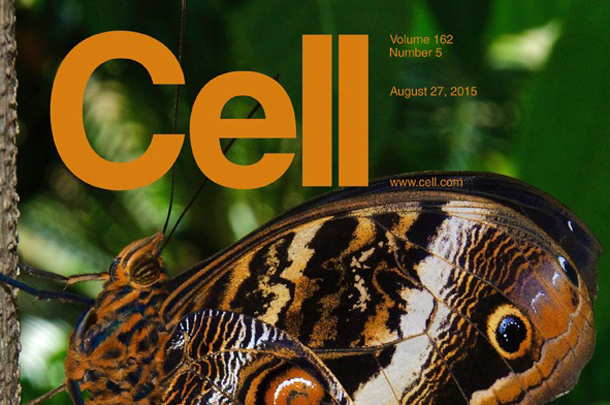Researchers targeting colorectal cancer stem cells — the root cause of disease, resistance to treatment and relapse — have discovered a mechanism to mimic a virus and potentially trigger an immune response to fight the cancer like an infection.
The discovery, published in Cell, illuminates a major shift in the understanding of anti-tumor mechanisms and identifies a promising target against colorectal cancer stem cells, said principal investigator and lead author Daniel De Carvalho, a former postdoctoral research fellow at USC Norris Comprehensive Cancer Center who now works at Princess Margaret Cancer Centre, University Health Network in Toronto, Canada.
“By mimicking a virus, the potential is to trick the immune system into ‘seeing’ the cancer cells as an infection that needs to be destroyed,” De Carvalho said. “Our work demonstrates that viral mimicry is a viable anti-tumor strategy.”
Among those contributing to the research and its publication were Gangning Liang, MD, PhD, and Peter A. Jones, PhD, DSc, of the Department of Urology at the Keck School of Medicine of USC.
Currently, colorectal cancer recurs in about 50 percent of patients and is among the Top 3 leading causes of cancer-related deaths.
In the laboratory, the research team replicated human colorectal cancer in preclinical experiments and used bioinformatics analysis to demonstrate that a low-dose of the chemotherapy drug decitabine targeted the cancer stem cells by inducing viral mimicry.
Decitabine is approved by the U.S. Food and Drug Administration to treat myelodysplastic syndromes and leukemia, and for use in clinical trials for several types of solid-tumor cancers including colorectal. The team discovered that this drug – known as an epigenetic therapy because it chemically modifies DNA – activates a pathway that recognizes viruses.
“We have found a switch to turn on an anti-viral response in colorectal cancer stem cells, which seem to be especially sensitive to it,” De Carvalho said.
“Another important implication of our finding is that since decitabine induces an anti-viral response, which is highly immunogenic, it may be useful to combine this agent with immune therapy to further advance personalized cancer medicine by boosting an individual’s natural defenses to fight disease. The next step is to start clinical trials to find out if targeting colon cancer stem cells in this way will result in durable cures,” De Carvalho said.
The research was funded by the Cancer Research Society, Stand Up to Cancer (Epigenetics Dream Team) and the Princess Margaret Cancer Foundation.


